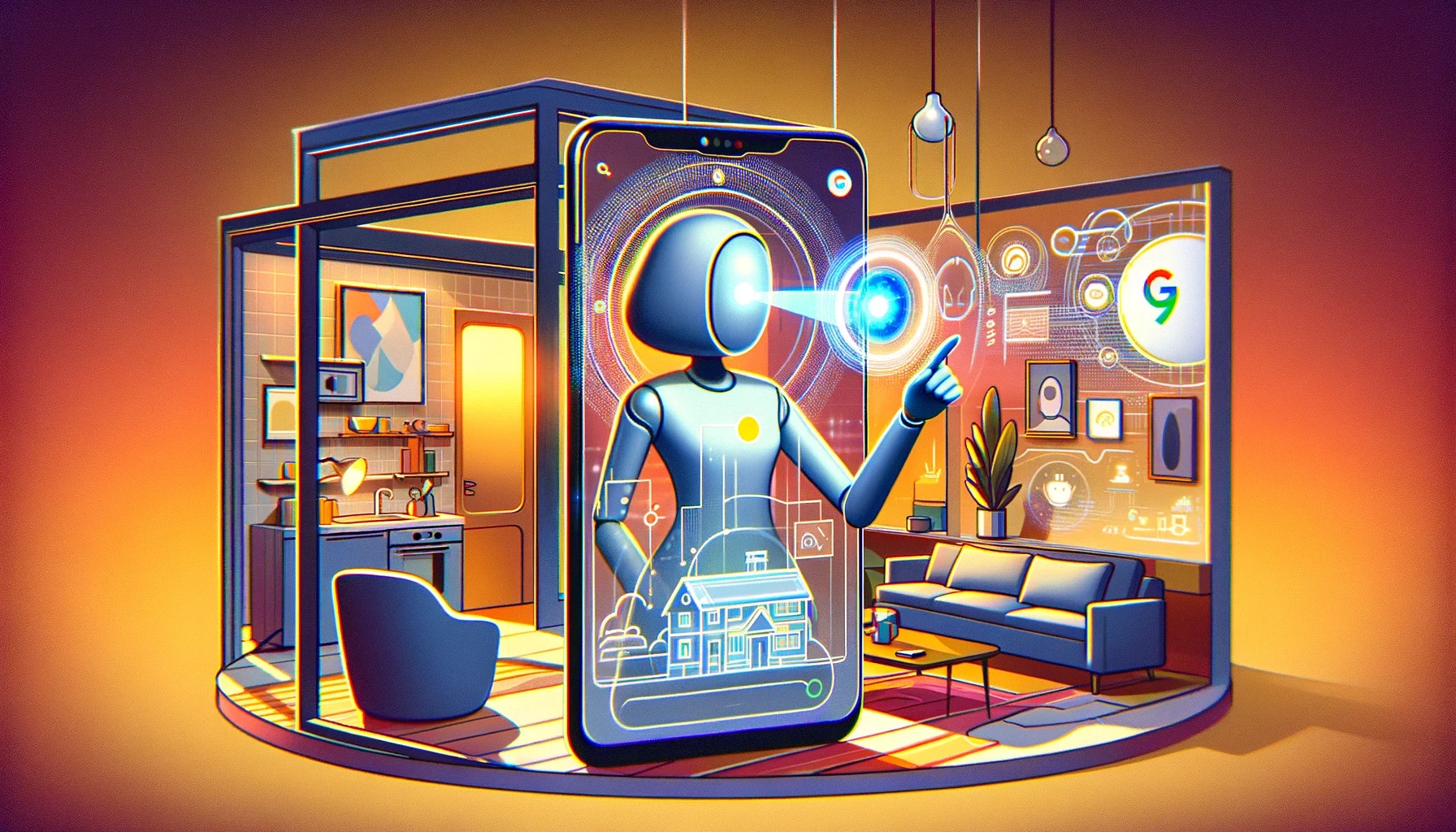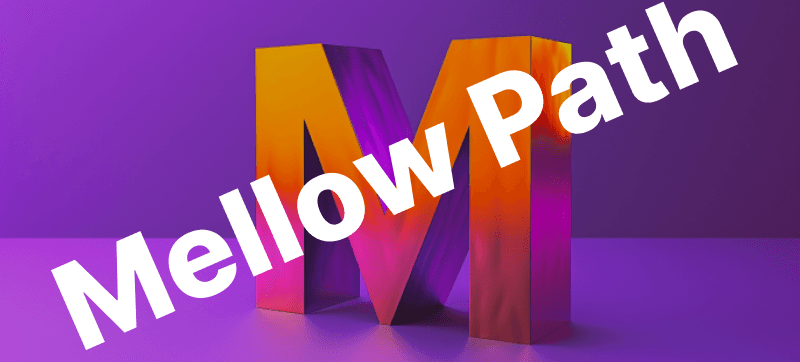Google has some big things going on in the AI world. What are they up to this time?

Daniel MacDougall
Project Astra: Google DeepMind's Future of AI Assistants
In May 2024, Google unveiled Project Astra at their annual I/O conference, marking a significant step forward in the development of AI assistants. Project Astra is part of Google DeepMind's ongoing efforts to create a truly universal AI agent capable of understanding and responding to real-world environments in real time. Here we explore the features, capabilities, and future potential of Project Astra.
Multimodal AI Integration
One of the core innovations of Project Astra is its ability to process multiple types of inputs simultaneously, such as voice, video, and text. This multimodal AI integration allows Astra to interact with users more naturally and intuitively. By leveraging the Gemini AI model, which powers this multimodal capability, Astra can provide a cohesive and responsive user experience.
Real-Time Environmental Understanding
During its demonstration at Google I/O 2024, Project Astra showcased impressive real-time environmental understanding. By using a phone's camera, Astra was able to recognize objects in its surroundings and answer detailed questions about them. For instance, it could identify which toys were appropriate for a two-year-old and remember the locations of various objects within a room. This ability to "see" and understand the physical environment in real time sets Astra apart from traditional AI assistants.
Enhanced Memory and Contextual Awareness
Astra's built-in memory feature is a significant advancement in AI technology. This feature allows Astra to recall the positions of objects and contextual information over extended periods, making it a more useful and practical assistant in everyday scenarios. For example, Astra can remember where you left your glasses last night, rather than just a few moments ago. This enhanced memory capability aims to make Astra a more reliable and helpful companion.
Proactive and Personalized Assistance
Project Astra aspires to be more than just a reactive assistant. It aims to be proactive, teachable, and highly personalized, understanding and responding to the complex and dynamic world. This involves recognizing and remembering contextual cues, learning from interactions, and providing tailored assistance across a wide range of tasks and domains. Whether it's identifying a location from a cityscape or offering practical advice, Astra is designed for human interaction and convenience.
Future Integration and Potential
While Project Astra is currently in the experimental stage, Google DeepMind envisions its integration with wearable devices such as smart glasses in the future. This integration could further enhance Astra's ability to provide real-time assistance based on visual inputs from the user's environment. Such advancements suggest that Astra could eventually become an indispensable tool for everyday use, seamlessly blending into various aspects of daily life. This might be the direction that Google wants. Imagine an assistant responding to the real world and constantly informing you on every question you can think of. We already struggle to put our phones down. These tailored AI assistants might be the next big thing.
Conclusion
Project Astra represents Google DeepMind's ambitious vision for the future of AI assistants. By combining multimodal AI integration, real-time environmental understanding, enhanced memory, and proactive assistance, Astra aims to revolutionize how we interact with AI. As Google continues to refine and expand its capabilities, Project Astra promises to bring us closer to their dream of having a Google device everywhere you go, and if it's as cool as they say, it might just happen.
For more information, you can read the original announcements and detailed posts on Google's official blog and Google DeepMind blog.


